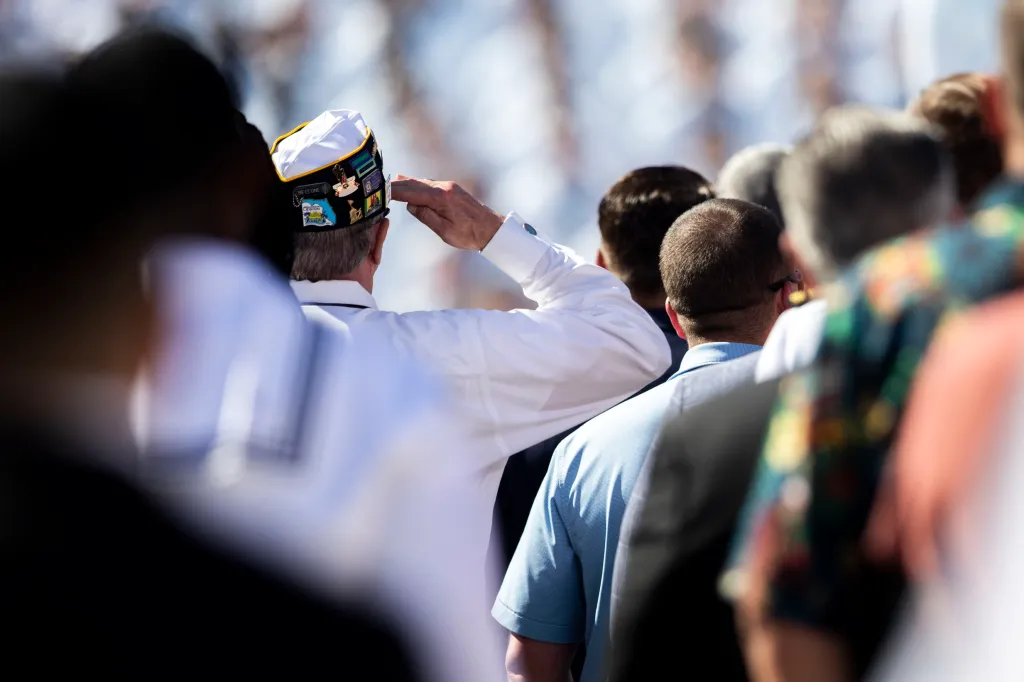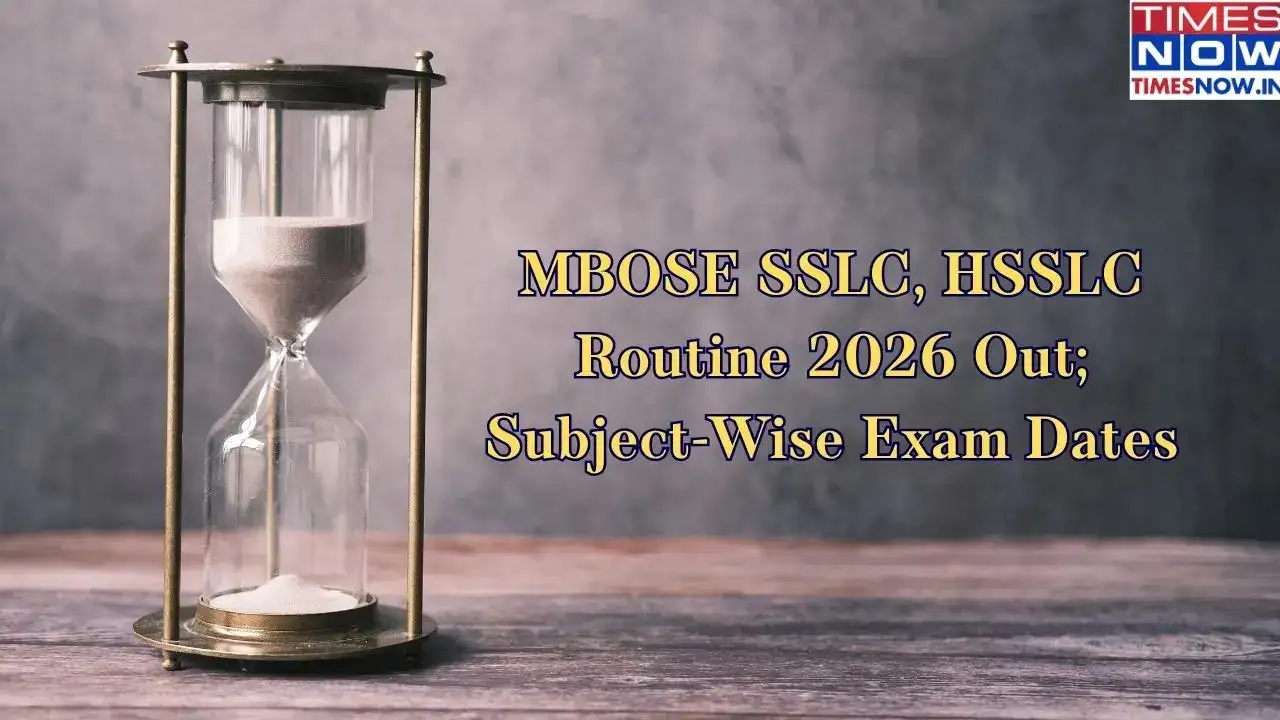Copyright Norfolk Virginian-Pilot

“Two words that should never go together are ‘homeless’ and ‘veteran,’” said Jay Patrick, pastor of Liberation Church and president and chief executive officer of Liberation Veteran Services. On Tuesday, Veterans Day, the nonprofit will host a ribbon-cutting ceremony for its new Veterans Village: a 50-unit apartment complex and community space on Midlothian Turnpike that will offer short- to medium-term housing to U.S. military veterans facing homelessness. Crews broke ground on the approximately $10 million facility in January and are set to complete it in the next few months. A grant from the U.S. Department of Veterans Affairs supplied roughly $2 million. The rest came from generous donors. It’s freezing outside. And many of Richmond’s homeless don’t have a place to go. In 2024, there were nearly 600 homeless Richmonders. Compare that figure with 100 beds, available on a walkup basis, for inclement weather situations. The spacious, state-of-the-art facility will replace LVS’ aging, third-floor, 38-unit walkup on Hull Street Road. That location was formerly operated by Freedom House, which closed in 2012, leaving a gap in homeless services, Patrick said — especially for veterans. Patrick knew he had to fill that gap. “They got out after fighting for this country and giving their very best to this country,” he said. “It’s just a shame that they can fight for us, but many of them don’t find anyone fighting for them.” Over a decade since Patrick took over the South Side shelter location, he and his organization are working to build a new community space with an emphasis on holistic, collaborative living. Through its in-house case managers and extensive network of partners, LVS is able to offer residents almost everything they need to start anew — all in one place. “The village concept started with this idea of offering a dignified approach, a more dignified way of serving as opposed to just saying, ‘Here’s your apartment, here’s your key,’” Patrick said. Across the country, there were nearly 33,000 veterans experiencing homelessness as of January 2024, according to the National Coalition for Homeless Veterans. Mental health services, job opportunities and financial literacy One of the greatest barriers to recovery for veterans who may be dealing with post-traumatic stress disorder, substance abuse or other issues is the “small window of motivation” to make a change, Patrick said. “Sometimes there’s a really small window where someone has made a decision to change their life,” he said. “And if that becomes too complex or too overwhelming or there’s too many stops, the window closes.” By having case managers on site to assist, LVS is able to cut through the red tape and get veterans access to help right when they need it. “We become your point of contact,” Patrick said. For example, the case managers can directly connect veterans with necessary health and psychiatric care through VA hospitals, he said — a process that, if navigated alone, can be confusing and frustrating to the point of giving up. The organization also works with local landlords to find long-term housing options for veterans who have found stability and are ready to move on, but have unique and specific needs. And, by networking with local businesses like Henrico County-based Admiral Security Services and others, LVS works to secure employment for residents. “It’s such a great thing,” Lynne Berkness, chief advancement officer at LVS, said of the partnership with the security firm. “You know, they’re wearing a (security guard) uniform and doing a lot that feels familiar.” Berkness also said that representatives from Truist and Navy Federal Credit Union have visited to offer financial literacy training to residents. “They’ll work with each of our veterans individually to help them open up a checking account,” she said. That makes it easier for them to get a job, receive their paychecks, save some money and start thinking about the long term. Other partner organizations prepare nightly dinners for the residents in the large community dining hall, Berkness said, offering veterans the opportunity for fellowship, good food and many games of cards. A ‘duty to serve’ Tenants of LVS range in age from their early twenties to almost 80 years old. The average length of stay is seven to eight months — much longer than the 30 to 45 days many shelters give occupants, Patrick said. And the eventual plan is to provide housing for much longer. The next construction phase will include 20 long-term, “deeply affordable” housing units for veterans who graduate from their short-term needs but still want to stay connected to their newfound community. “That veteran is stabilized, has been able for the last six to eight months to save some income and is employed,” Patrick said. “So that veteran’s ideal next step for housing is long term, but we still want to cater to those who prefer community.” Why is community so important? “I think one of the issues that’s unaddressed for those who are having challenges with housing is loneliness,” Patrick said. “We’ve really uncovered this for some of our veterans. They’re afraid to move out on their own, because that independence reminds them of not getting support.” That support shows up in many forms, from the connection to critical services, to group meals, to flexible curfews — unlike many shelters, LVS works with each individual resident to accommodate their schedules, preventing them from having to choose between keeping a job and having a warm bed at the end of the day. “I resonate with veterans because they have a duty to serve,” Patrick said. “And that duty for many of them becomes their purpose. It becomes their lifeline.” Now, Patrick said, it’s all of our turn to serve. “They need us,” he said.



